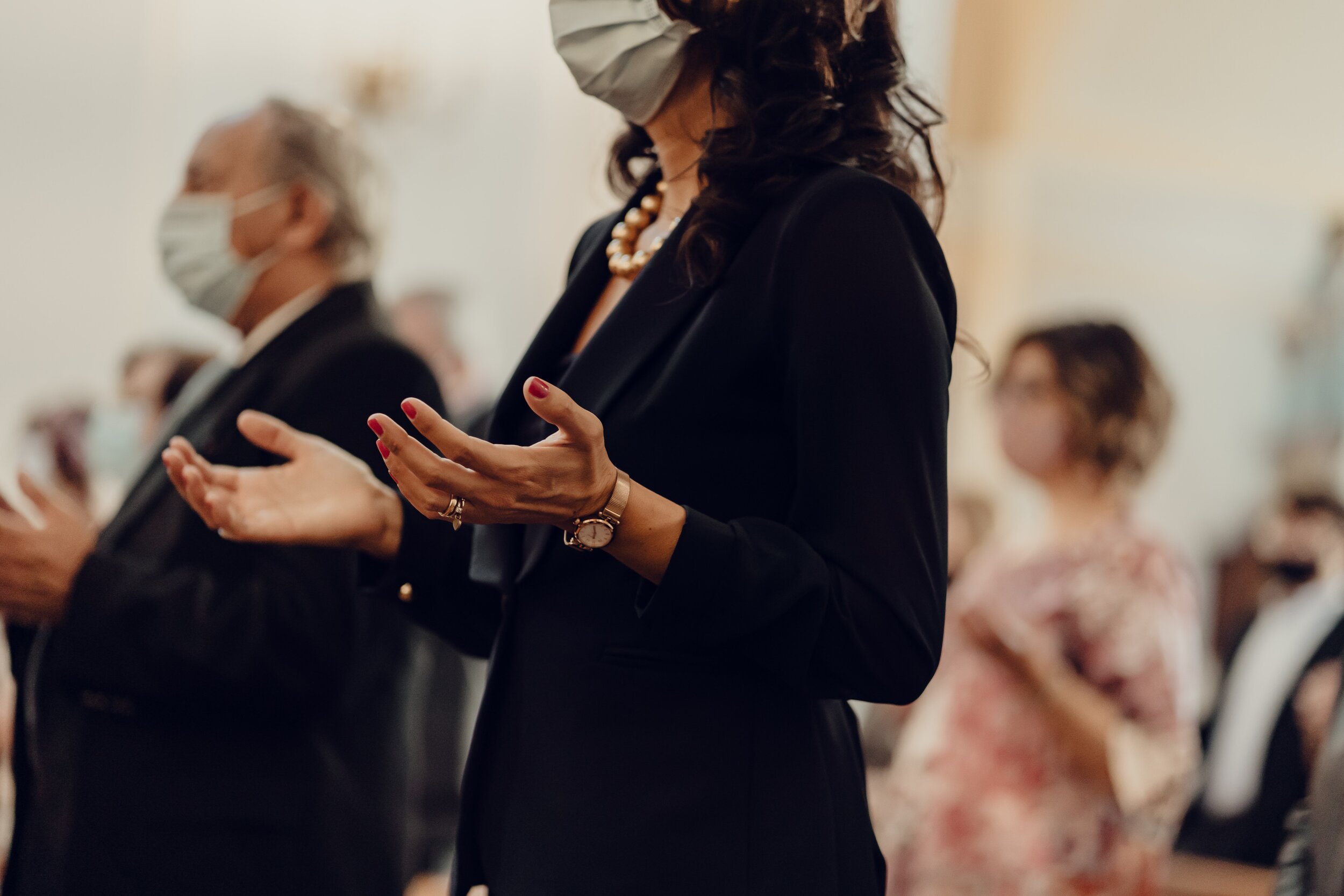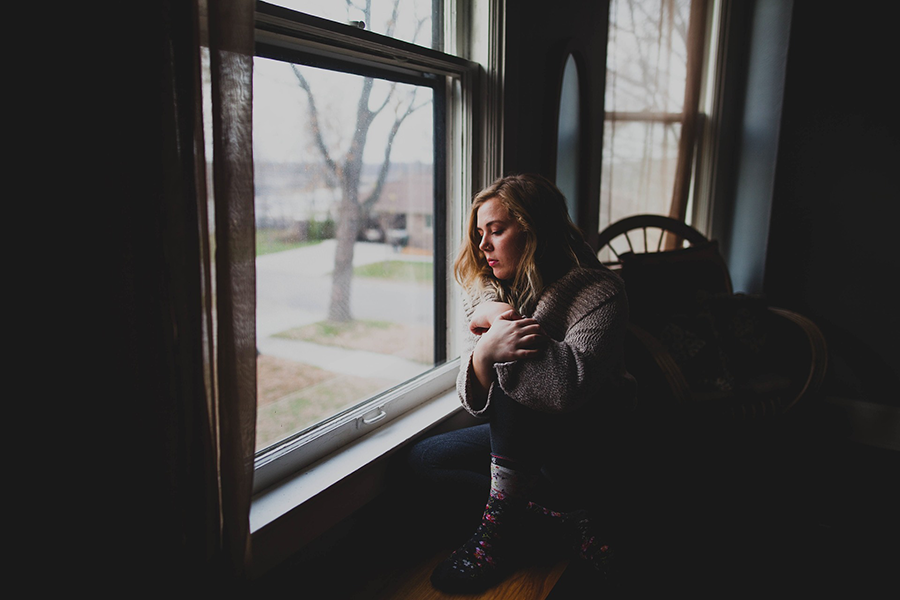It’s a Global Pandemic…What Are My Rights?!
As the second wave of COVID-19 hits an all-time high in British Columbia, COVID-related fatigue is also ramping up.
Recent health orders have seen some of the tightest restrictions since a provincial state of emergency was first declared back in March of this year. With group fitness facilities shuttered and team sports like beer hockey leagues now on ice, British Columbians are being urged not to gather in groups, not to travel outside of their health jurisdictions and to keep their bubbles tight.

Our Health Authority tells us that these rules are in place to protect our communities and to prevent the spread of a potentially deadly-virus. They say that they are necessary in order to curb transmissions and to keep our health care systems up and running.
But as time goes on, some are beginning to question the logic behind these orders and wondering if their seemingly arbitrary application may be contrary to their basic, human rights.
One such group is a church out of Langley, which was recently fined $2,300.00 for allegedly violating COVID-19 restrictions on in-person, faith-based gatherings. Church-goers have gone on record, questioning why the province has limited their ability to worship in person and with their community, while electing to keep liquor stores and restaurants in business. They argue that the move violates their rights under the Charter of Rights and Freedoms and they plan on launching a legal action, aimed at challenging COVID-19 orders.
The Charter of Rights guarantees basic freedoms to all Canadians. Passed in 1982, it codifies numerous civil and political rights, such as the right to life, liberty and security of the person and the right to vote. It also guarantees freedom of religion, freedom of thought, freedom of belief and the freedom of peaceful assembly.
However, no right is absolute. Just as the Charter gives us basic civil and political rights, it also contemplates mechanisms for limiting them.
Client Testimonials
Read more reviews from past clients:
Google Reviews or Lawyer Ratingz
Dealing with the Sarah Leamon Law Group was an absolute pleasure. They were friendly and efficient in communicating with me, and dealt with my case in a timely manner. They were thorough and meticulous in putting together a strong case that resulted in a WIN. Highly recommend their services.
K.R., Google Review
Sarah Leamon is amazing! She got back to me right away even though she was out of office! She not only jumped on my file quickly, she also got my prohibition reduced from 7 Months to 3 Months a BIG win in my eyes!!
Lawyer Ratingz Review
From my initial contact with Sarah, providing me with detailed information on next steps, to answering all my questions throughout the process and the representation (thank you, Hyemin!), the service offered by Sarah Leamon Law Group was top notch. Would highly recommend.
S.S., Google Review
Hyemin at Sarah leamon law group is a very respectful, kind, and bright lady. Their team was thorough with my case making the process less worrisome. Would recommend 10/10.
M., Google Review
Have had Sarah as my go-to for any and all my traffic issues. She is very compassionate and is excellent at explaining every part of the process and keeping your stress level way down. Multiple times ive hired Sarah and i am always completely confident she will get the best result, as she has done time and time again. wouldn't go anywhere else, definitely #1 in my eyes!
M.W., Google Review
Dealing with the Sarah Leamon Law Group was an absolute pleasure. They were friendly and efficient in communicating with me, and dealt with my case in a timely manner. They were thorough and meticulous in putting together a strong case that resulted in a WIN. Highly recommend their services.
K.R., Google Review
Sarah Leamon is amazing! She got back to me right away even though she was out of office! She not only jumped on my file quickly, she also got my prohibition reduced from 7 Months to 3 Months a BIG win in my eyes!!
Lawyer Ratingz Review
From my initial contact with Sarah, providing me with detailed information on next steps, to answering all my questions throughout the process and the representation (thank you, Hyemin!), the service offered by Sarah Leamon Law Group was top notch. Would highly recommend.
S.S., Google Review
Hyemin at Sarah leamon law group is a very respectful, kind, and bright lady. Their team was thorough with my case making the process less worrisome. Would recommend 10/10.
M., Google Review
Have had Sarah as my go-to for any and all my traffic issues. She is very compassionate and is excellent at explaining every part of the process and keeping your stress level way down. Multiple times ive hired Sarah and i am always completely confident she will get the best result, as she has done time and time again. wouldn't go anywhere else, definitely #1 in my eyes!
M.W., Google Review
Dealing with the Sarah Leamon Law Group was an absolute pleasure. They were friendly and efficient in communicating with me, and dealt with my case in a timely manner. They were thorough and meticulous in putting together a strong case that resulted in a WIN. Highly recommend their services.
K.R., Google Review
Sarah Leamon is amazing! She got back to me right away even though she was out of office! She not only jumped on my file quickly, she also got my prohibition reduced from 7 Months to 3 Months a BIG win in my eyes!!
Lawyer Ratingz Review
From my initial contact with Sarah, providing me with detailed information on next steps, to answering all my questions throughout the process and the representation (thank you, Hyemin!), the service offered by Sarah Leamon Law Group was top notch. Would highly recommend.
S.S., Google Review
Hyemin at Sarah leamon law group is a very respectful, kind, and bright lady. Their team was thorough with my case making the process less worrisome. Would recommend 10/10.
M., Google Review
Have had Sarah as my go-to for any and all my traffic issues. She is very compassionate and is excellent at explaining every part of the process and keeping your stress level way down. Multiple times ive hired Sarah and i am always completely confident she will get the best result, as she has done time and time again. wouldn't go anywhere else, definitely #1 in my eyes!
M.W., Google Review
Section 1 of the Charter is the mechanism by which this is done. It is better known as the Charter’s limitation clause. It allows the government to justify certain intrusions when it comes to civil rights and liberties. Some examples of these limitations include laws against hate speech and child pornography, both of which have been found to be legally valid and justifiable infringements on Charter rights.
That being said, our rights cannot be limited without reason or purpose.
Where rights have been infringed upon, a stringent legal test is applied in order to determine whether such an infringement is justified. This is known as the Oakes test. It considers a number of factors, including whether there is a pressing and substantial objective on the governments part in making an order to passing a law that intrudes on individual rights and liberties. The test further considers if the objective of that government action is proportional to the intrusion incurred and weighs the greater good against the negative effects of the impugned action.
If there is a less burdensome way to achieve the government’s objective, then the infringement may not be justifiable in a free and democratic society. In other words, if there are less drastic means to achieve their objective, the governments’ action may be in violation of the citizen’s rights.
Although this test has been applied countless times since the inception of the Charter, it has never been applied in the context of a global pandemic and a national emergency.
The fact that our Prime Minister has invoked the Emergencies Act, aimed at allowing special, temporary measures to be enforced in order to ensure the safety and security of our population during a time of emergency, may only be one factor in a much broader legal analysis.
Ultimately, though, the mere fact that a COVID-19 health order violates a persons’ civil rights means very little – if anything – in the grand scheme of things.
The validity of such health orders will ultimately be left in the hands of our courts, who will be tasked with the unenviable duty of weighing individual liberties against the public interest in a historically unprecedented time. But, in the meantime, perhaps it is better to be safe than sorry.
To read this article as it appears in The Georgia Straight, click here.




